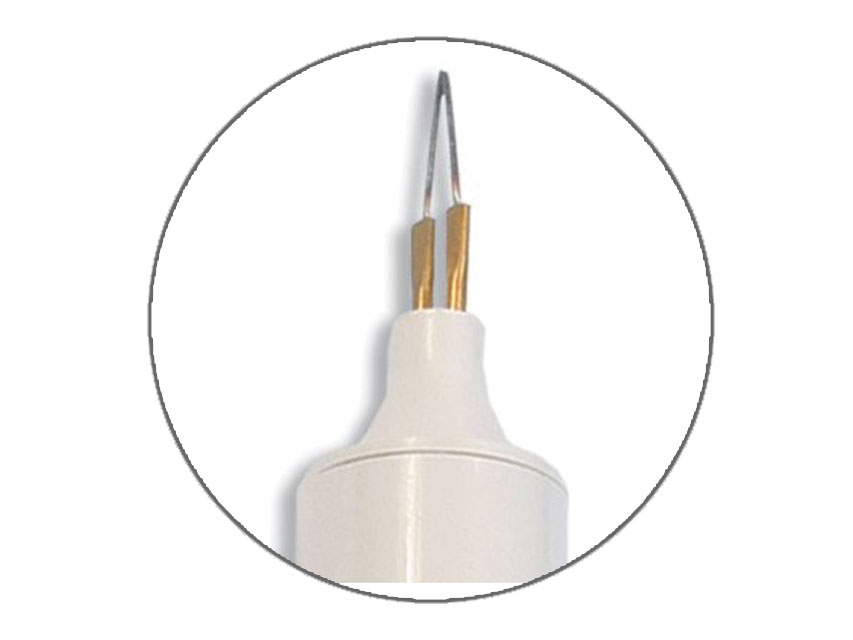Blog
Electro Surgery Cautery: A Precise Tool for Minimally Surgical Procedures in Dubai
Electrosurgery cautery, also known as electrosurgical unit (ESU) or diathermy, is a versatile instrument widely used in various surgical procedures across multiple disciplines. It utilizes electrical energy to achieve a range of surgical effects, including:
- Cutting (Electrosecting): Precisely cuts tissue with minimal bleeding.
- Coagulation (Electrocoagulation): Seals blood vessels to prevent excessive bleeding.
- Desiccation (Electrodesiccation): Dries out and destroys superficial tissues.
- Fulguration: Vaporizes tissue with sparking for pinpoint removal of lesions.
This blog thoroughly explores electrosurgery cautery, focusing on its applications, benefits, types, and considerations for its use in Dubai’s healthcare landscape.
Applications of ElectroSurgery Cautery in Dubai:
Electrosurgery cautery has become an indispensable tool across various surgical specialties in Dubai’s hospitals and clinics. Here’s a closer look at some prominent applications:
- Dermatology: This technology is crucial in removing skin tags, warts, moles, and other benign lesions. The precise control allows for minimal scarring and faster healing.
- Gynecology: The loop electrosurgical excision procedure (LEEP) utilizes electrocautery to remove precancerous cervical tissue with minimal bleeding and improved patient comfort.
- General Surgery: Minimally invasive laparoscopic and robotic surgeries extensively rely on electrocautery for tissue dissection and blood vessel coagulation, leading to faster recovery times for patients.
- Otolaryngology (ENT): Electrocautery is used to control nosebleeds and remove tonsils and polyps in the ear, nose, and throat region, offering a more controlled and bloodless approach.
- Urology: Procedures on the prostate gland and removal of bladder tumors often utilize electrocautery for precise tissue manipulation and bleeding control.
- Plastic Surgery: Minimizing bleeding during cosmetic procedures is crucial, and electrocautery effectively seals blood vessels, leading to better aesthetic outcomes.
- Vascular Surgery: Electrocautery’s precise tissue manipulation and coagulation capabilities benefit varicose vein ablation and bleeding control during vascular procedures significantly.
Benefits of Electrosurgery Cautery:
Electrosurgery cautery offers several advantages over traditional surgical techniques:
- Reduced Blood Loss: Efficient coagulation minimizes bleeding, ensuring a safer surgical environment for the patient and the surgeon.
- Enhanced Precision: The ability to precisely target specific tissues allows for greater control during surgery, minimizing damage to surrounding healthy tissue.
- Faster Procedures: Quicker tissue dissection and coagulation can lead to shorter surgery times, reducing anesthesia exposure for patients and improving operating room efficiency.
- Improved Cosmesis: Minimally invasive approaches and reduced tissue manipulation minimise scarring, leading to better cosmetic outcomes, especially in dermatology and plastic surgery.
- Versatility: The ability to adapt to various surgical procedures across different specialities makes electrocautery a highly valuable tool for surgeons.
Understanding the Types of Electrosurgery Cautery:
When considering electrosurgery cautery, it’s important to understand the two main types of devices available:
- Monopolar Units: These devices utilize a single active electrode at the surgical site and a dispersive pad placed elsewhere on the patient’s body to complete the electrical circuit. Monopolar units offer greater power for cutting due to the concentrated current flow.
- Bipolar Units: In contrast, bipolar units employ two electrodes positioned close together on the tissue itself. The current only flows in a localized area between the electrodes, providing more precise hemostasis (bleeding control) with minimal damage to surrounding tissues.
The choice between monopolar and bipolar units depends on the specific surgical requirements. Monopolar units are generally preferred for procedures requiring extensive tissue dissection, while bipolar units are ideal for situations where precise bleeding control is critical.
Considerations and Safety Measures for ElectroSurgery Cautery in Dubai
While electrosurgery cautery offers significant benefits, it’s crucial to address some important considerations for safe and effective use in Dubai’s healthcare facilities:
- Training and Expertise: Safe operation of electrocautery devices requires proper training and certification for surgeons and operating room personnel. Understanding the principles of electrosurgery, potential complications, and proper use of techniques is essential to minimize risks.
- Patient Selection: Not all patients are suitable candidates for electrocautery procedures. Individuals with pacemakers or certain metallic implants might require alternative techniques due to potential interference with the electrical current. Pre-operative assessment and consultation are crucial to ensure patient safety.
- Smoke Plume Management: Electrocautery can generate smoke containing potentially harmful byproducts like tissue particles and volatile organic compounds. Proper smoke evacuation systems are mandatory in operating rooms to protect both patients and medical staff from inhalation risks. These systems filter and remove the smoke plume, ensuring a clean surgical environment.
- Equipment Maintenance: Regular maintenance and calibration of the ESU are essential for optimal performance and patient safety. Following manufacturer guidelines for preventive maintenance ensures the equipment functions correctly and delivers precise power output.
- Safety Measures: Several safety precautions minimize risks during electrocautery procedures:
- Neutral Electrode Placement: The dispersive pad (monopolar) or neutral electrode (bipolar) needs proper placement to ensure safe current return without causing unintended burns.
- Tissue Desiccation: Over-desiccation of tissues should be avoided to prevent charring, which can impede visualization and increase the risk of tissue damage.
- Active Electrode Care: Maintaining the active electrode’s cleanliness and integrity is crucial. Damaged electrodes can lead to sparking, tissue damage, and potential fires.
Conclusion
Electrosurgery cautery has become a cornerstone of minimally invasive surgical practices in Dubai, offering numerous benefits for surgeons and patients. From reduced blood loss and enhanced precision to faster procedures and improved cosmesis, this technology has revolutionized surgical approaches across various specialities. However, ensuring safe and effective use requires proper training, patient selection, meticulous safety protocols, and choosing the right equipment from reputable suppliers. By understanding the applications, advantages, and considerations of electro-surgery cautery, Dubai’s healthcare providers can continue to leverage this valuable technology to deliver optimal surgical outcomes for their patients.

